At B Corp Assembly 2024 I attended a ‘fishbowl’ debate on the question: ‘Should we include or exclude bad actors’? It’s a tricky question.
On the one hand, excluding those who engage in harmful practices sets standards and makes a statement: you only support businesses that align with ethical, sustainable practices, which reinforces your commitment to integrity. In other words, live your values.
On the other hand, working with bad actors can drive real change. Instead of shutting them out, we can guide them toward better practices. By influencing from within, we turn potential harm into opportunity, helping them adopt more ethical behaviours.
Here’s what I shared in the fishbowl, and how we navigate it at Harvey.
Yes, no…well, maybe
Our purpose at Harvey is to ‘Unlock the potential of the New Economy to leave behind a better world’. Through their work, our clients help move the needle on some of the most pressing issues of our time, either directly or indirectly. For these folks, the ones really committed to impact, we offer 25% and 45% discounts.
We found being clear about who you work with and – even more important – who you don’t, will naturally attract the right clients. It also saves you from awkward conversations, since those who don’t align with your principles tend to self-select out.
How it works at Harvey
Our approach has always been a balanced one, which means we avoid the heavily destructive, solely profit-driven focused businesses (we’re not going to be rebranding an oil rig anytime soon - never). That said,we are open to supporting the businesses in this bucket who are sincerely committed to improving their impact.
How do we determine the impact of a business we haven’t worked with yet? Well, we have a framework, based on the UN's 17 Sustainable Development Goals (SDGs), to help us to make informed decisions about their commitments and ways of working. When we weigh up the information we gather during sales calls and info available online with the UNSD goals, we get an overall negative or positive score.
Step 1: UN Sustainable Development Goals (SDG) Rating
Prospective clients are assessed against the UN’s 17 SDGs as either:
- Core to business
- Indirectly impacting
- Neutral
- Improving negative impact
- Minor negative impact
- Destructive

Step 2: Impact score calculated
Any ‘negative’ points must be balanced with positive points. Any ‘destructive’ (e.g. mining, livestock, fast fashion, fossil fuels, gambling) ratings disqualify them from working with us. No ifs, ands or buts.
Step 3: Impact discount level
Based on the prospective client’s points score, we decide their discount rate: Good (0% discount), Great (25% discount), Amazing (45% discount).
We’re big believers in ‘progress over perfection’, which is why we take on some clients who do have negative impact in some areas. Through this process, we’re able to strike up conversations, ask about their plans for improvement, and see if they’re open to learning about the process.
The other big question is: Are they a ‘better’ alternative if people are going to be doing it anyway?
Caveat: we know it’s not perfect
Our framework is subjective, which is why we’re constantly fine-tuning the way we come at it. We also acknowledge the issues with the UN’s SDGs – some see them as perpetuating structural oppression at a global scale, and others reckon they don’t really shift the dial on anything (all talk no action). We use them as a general guide to assessing our clients, rather than cherry-picking the good / bad stuff out of nowhere.
Values alignment with ways of working
In addition to our assessment of their business impact, we also assess prospective clients for values alignment with ways of working to the Harvey values. Interestingly, we’re finding that, even when we work with ‘good’ actors solving major global issues as their core purpose, their way of operating doesn’t always gel with ours. At Harvey, we focus on working lean with clear outcomes. We value open communication, transparency and a willingness to try new things. Sort of a test-and-learn, iterative process. We call it ‘curiosity done well’. This is what we believe drives the greatest impact.
The challenge often arises with larger organisations or non-profits, where bureaucracy, slow processes, and lack of team empowerment can create friction. Sometimes this means working on a strategy that doesn’t get implemented fast enough, becoming outdated.
To address this, we’ve introduced values alignment in our proposals and check-ins. The purpose of this is to encourage open and honest conversations. It's our responsibility to provide a service that allows our clients to reach their goals and have an impact.
Change is slow, we need grace and a focus on progress over perfection
It’s important to recognise that change can be slow. It doesn’t matter so much whether you’ve reached the destination, just that you’re willing to start the journey. And when change does happen, especially in larger organisations, that’s when we can really shift the dial. So sometimes it’s about having patience, allowing grace, recognising the progress that’s happening and doing what feels right in your gut. At the end of the day, we’re just trying to walk that line between maintaining standards and offering support to those willing to change.







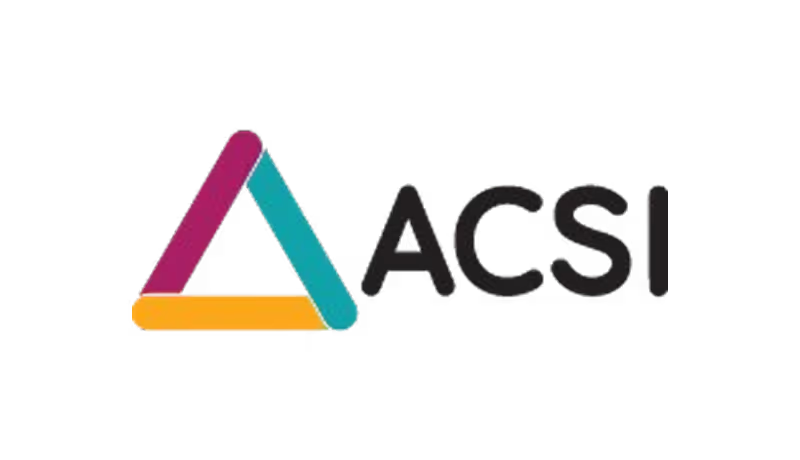





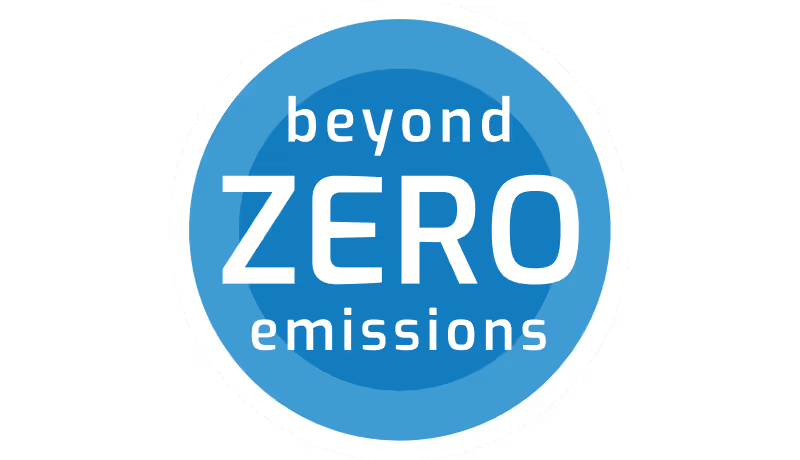

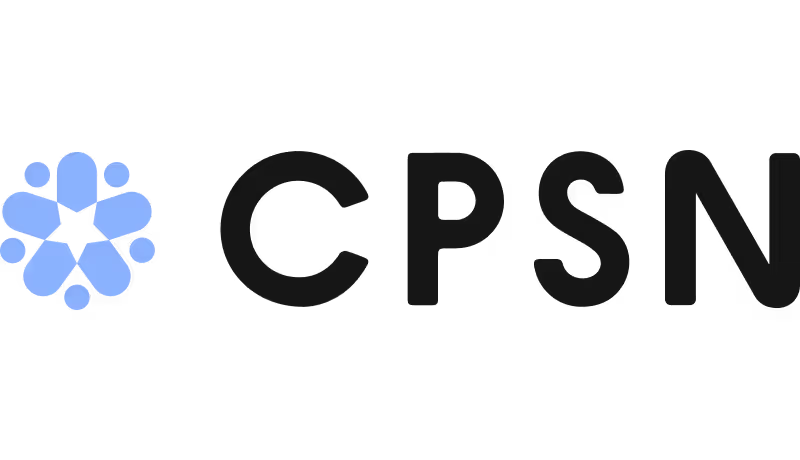


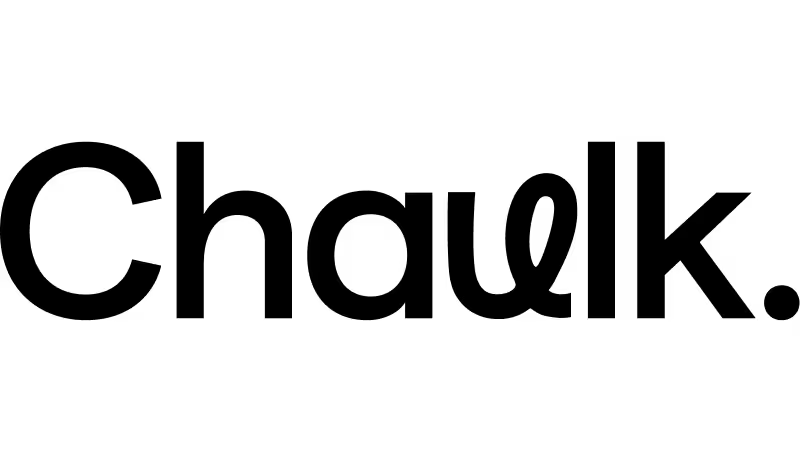
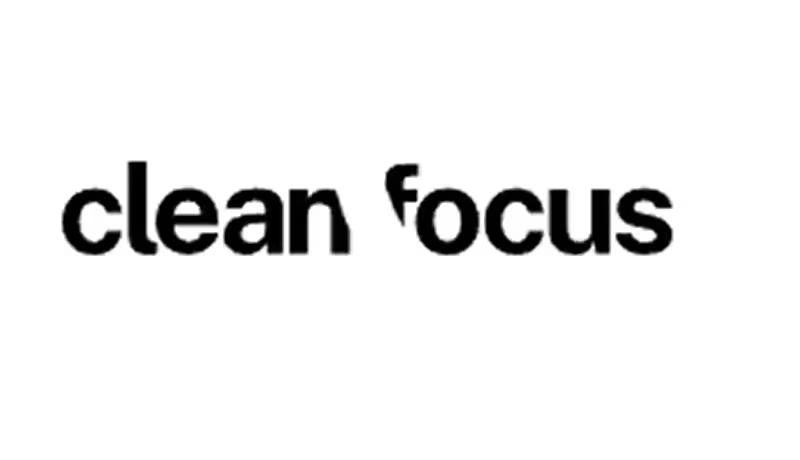


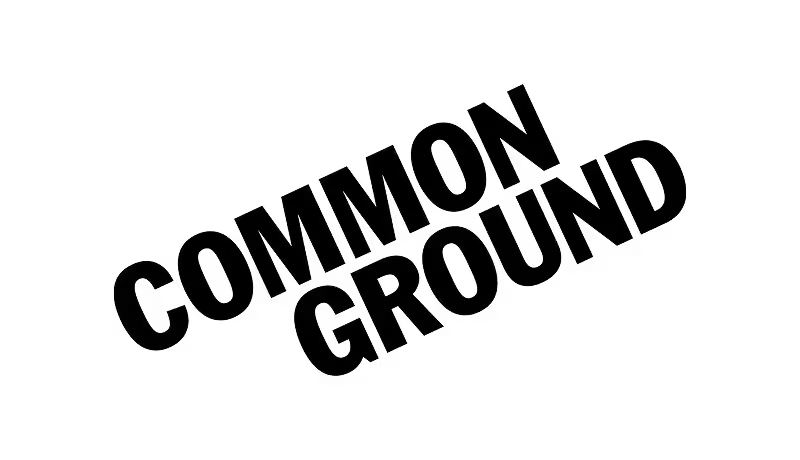

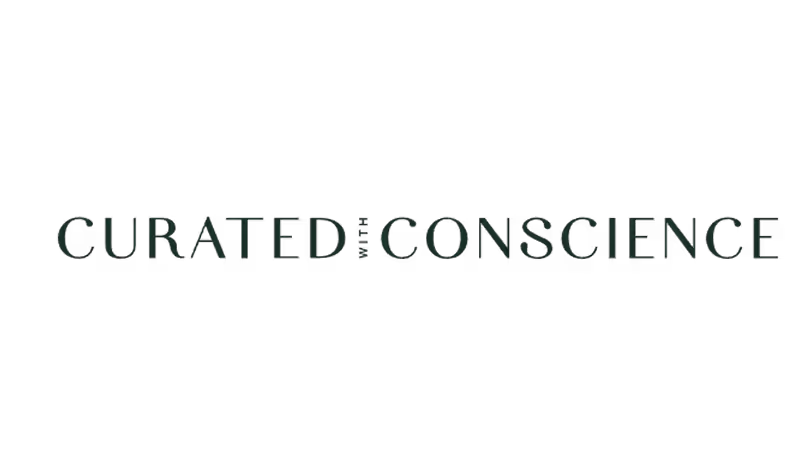






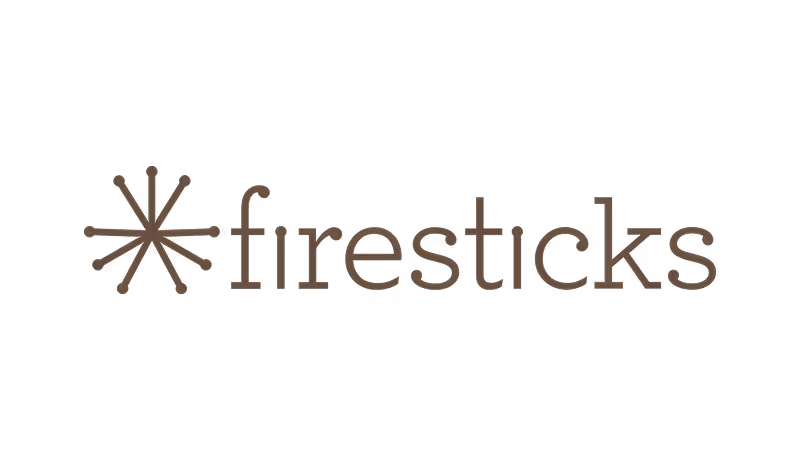
.avif)

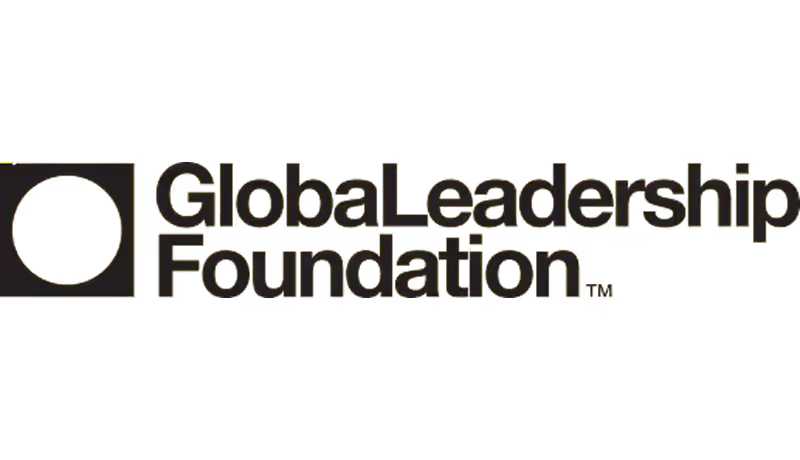



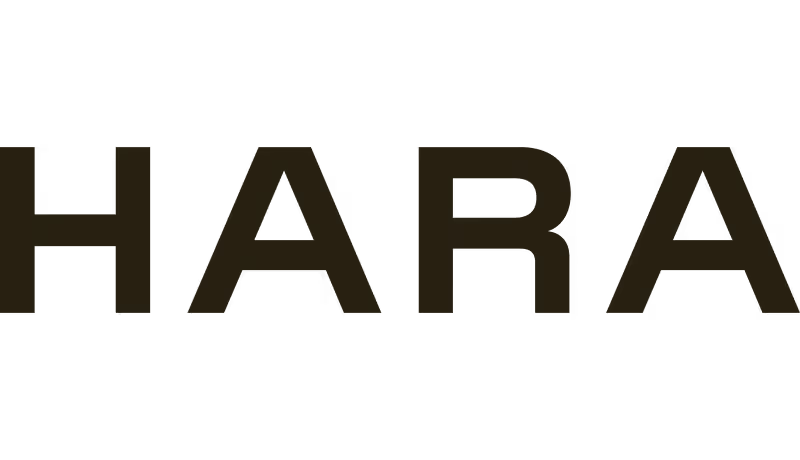

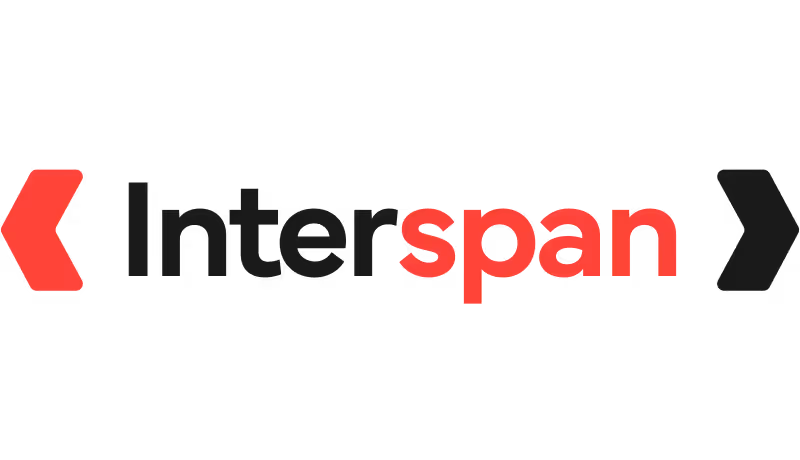






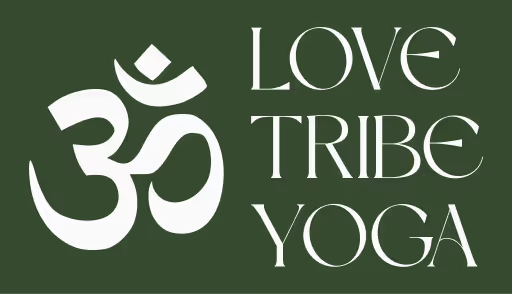



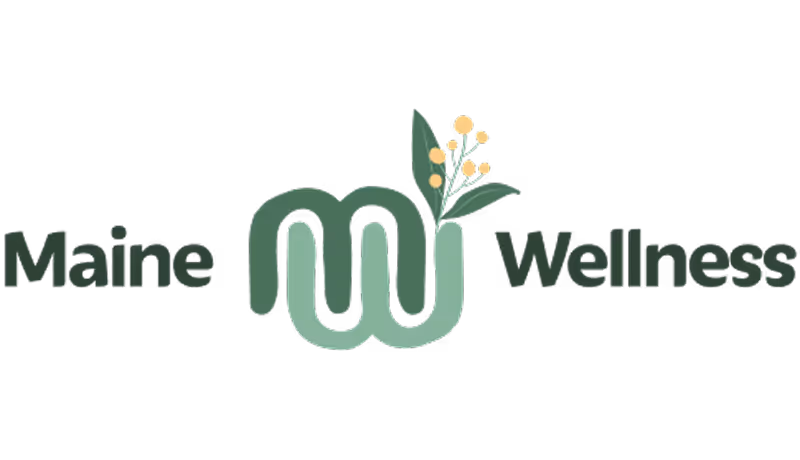


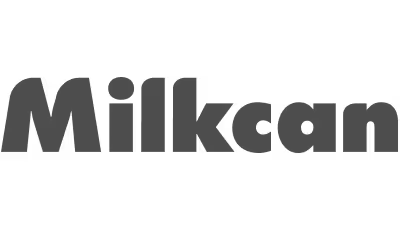





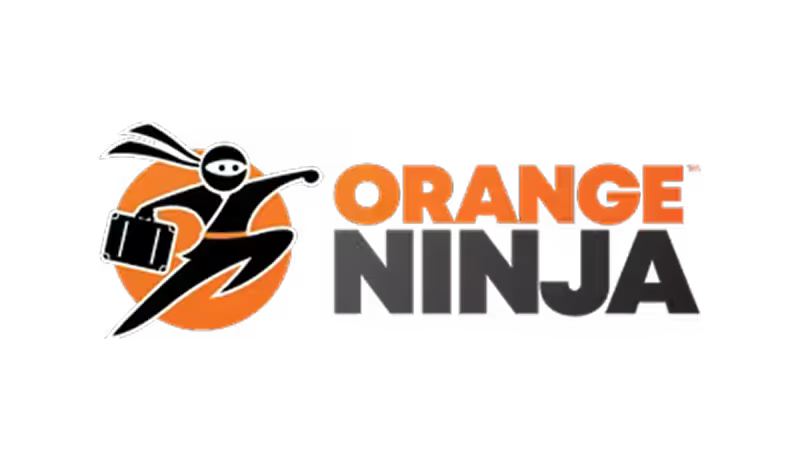

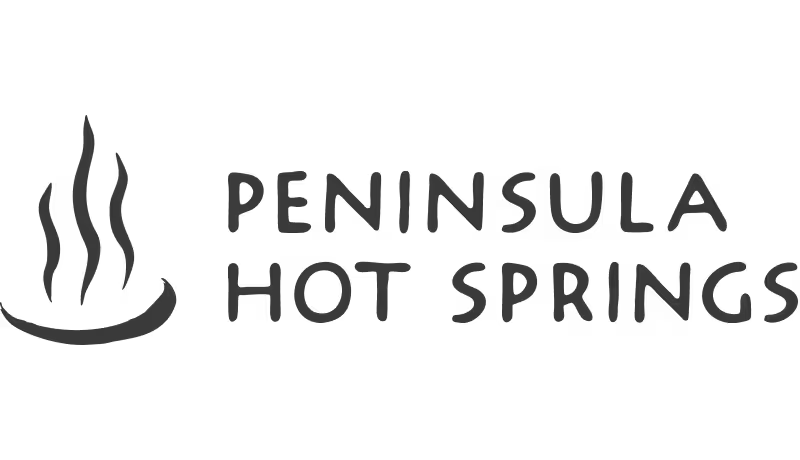
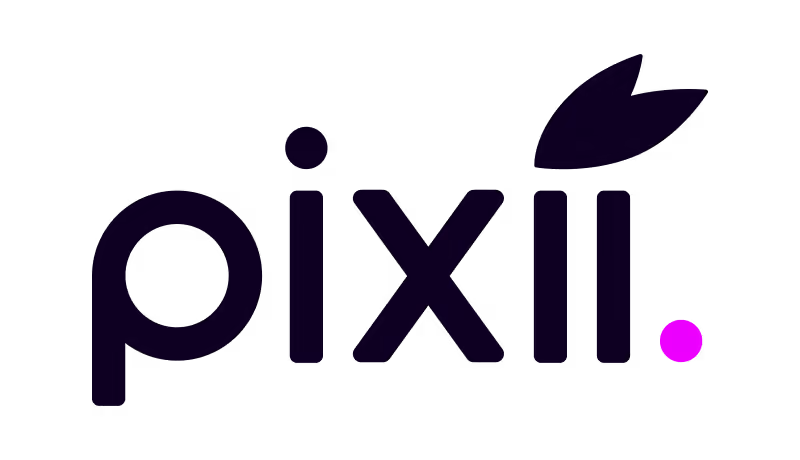




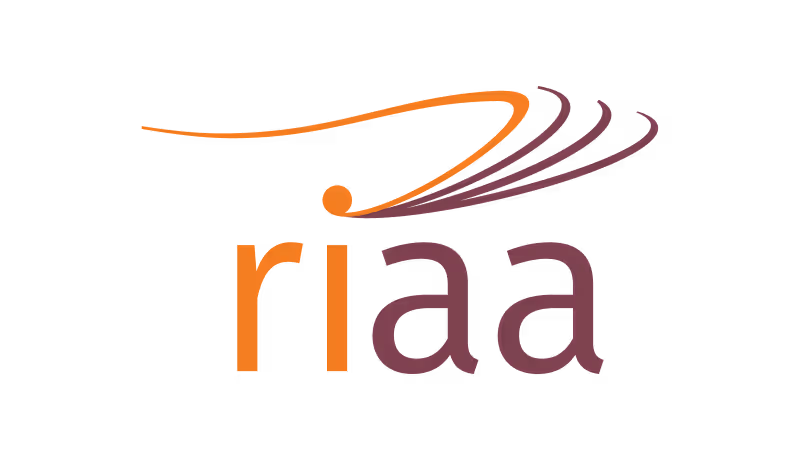












.avif)


































